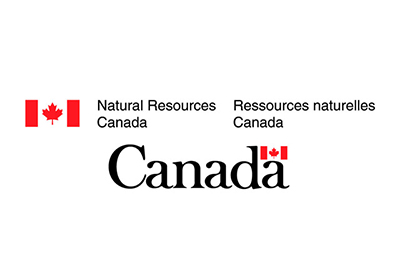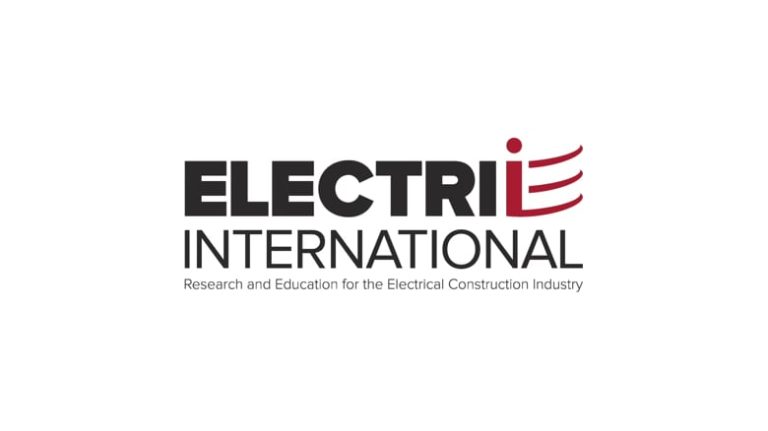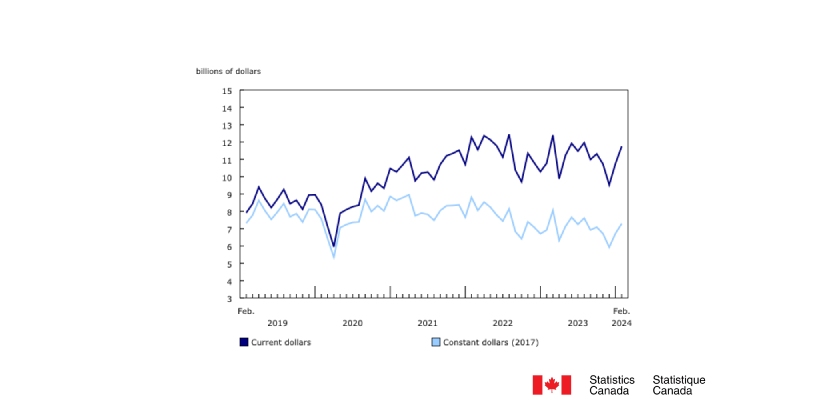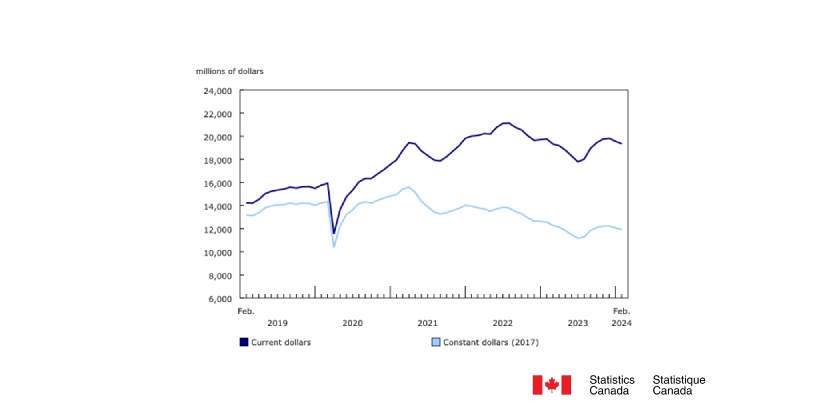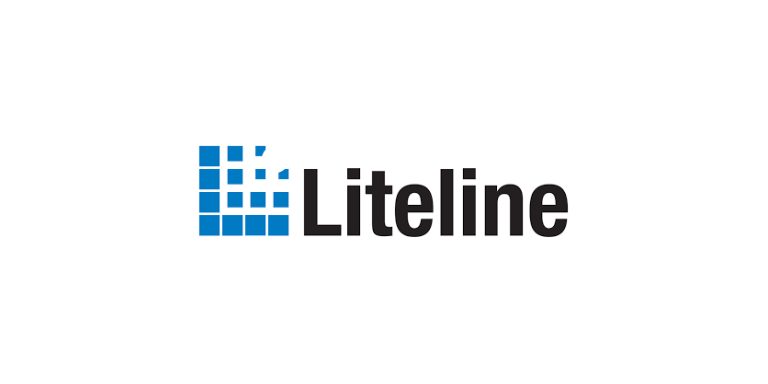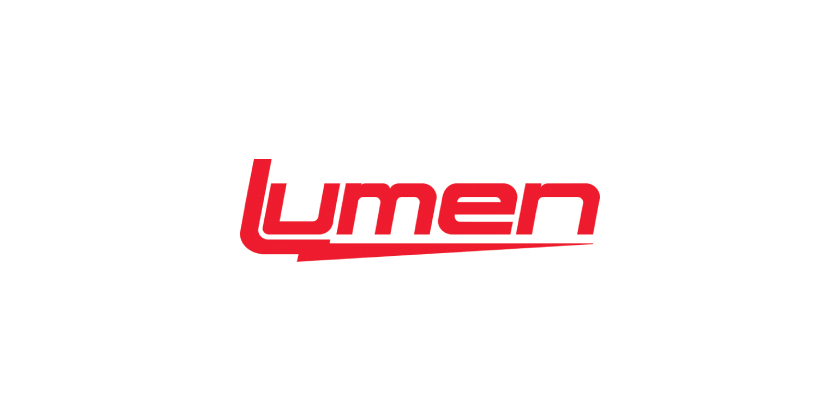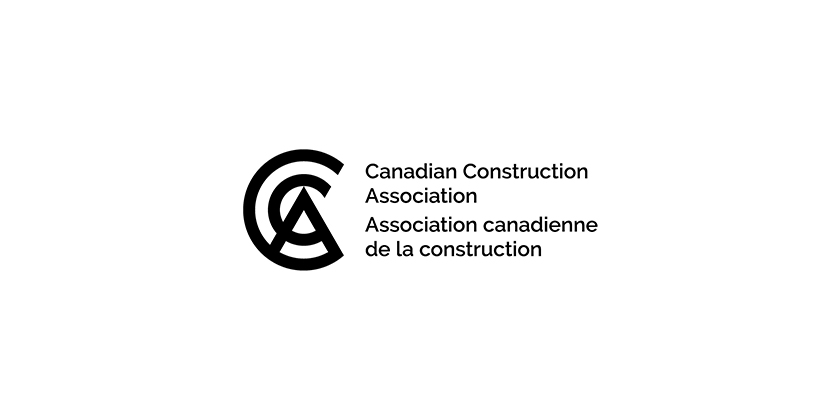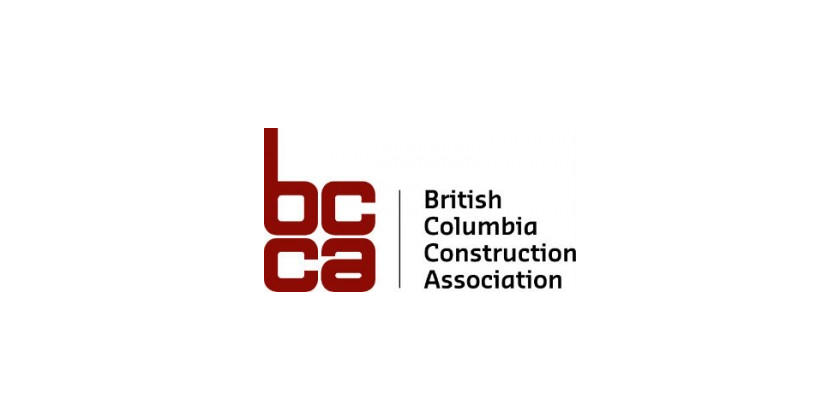Government of Canada Investing $300 Million in Clean Energy Projects in Indigenous, Rural and Remote Communities

May 4, 2022
Across the country, Indigenous-led projects are growing local economies and creating good jobs, all while fighting climate change and keeping the land and air clean. The Government of Canada is investing in these projects to displace fossil fuels and advance reconciliation and self-determination.
The Minister of Natural Resources, the Honourable Jonathan Wilkinson; the Minister of Northern Affairs, the Honourable Daniel Vandal; and the Minister of Indigenous Services, the Honourable Patty Hajdu, announced $300 million toward capacity-building initiatives that communities can now apply for on the Clean Energy in Indigenous, Rural and Remote Communities website, and applications will be reviewed on an on-going basis.
Announced as part of the Strengthened Climate Plan, investments under this program will support communities launching clean heat and power projects such as wind, solar, geothermal, hydro and biomass and support increased adoption of energy efficiency measures. Projects like these will not only reduce the use of fossil fuels to keep the air and land clean but will also support communities in creating jobs and generating reliable heat and power for generations to come.
To support Indigenous, rural and remote communities as they transition to clean energy, the Government of Canada is also creating a single-window approach to access resources and energy funding. Expected to launch this fall, this new service model will provide flexible funding, support and resources for communities. As part of this new service model, the government will also establish an Indigenous Advisory Council to provide guidance and advice on project selection and development.
The Government of Canada is committed to supporting local solutions and community-driven projects that will build a clean energy future for all. Together, we are building healthier, greener and more energy-resilient communities for future generations.
Quick Facts
-
Canada’s Strengthened Climate Plan is investing $300 million over five years to ensure that rural, remote and Indigenous communities that currently use diesel have the opportunity to be powered by clean, reliable energy by 2030.
-
In addition, Budget 2021 provided $40.4 million over three years, starting in 2021–22, to support the feasibility and planning of hydroelectricity and grid interconnection projects in the North to help communities transition to clean energy and reduce their reliance on diesel.
-
Budget 2021 also provided $36 million over three years, starting in 2021–22, through the Strategic Partnerships Initiative (SPI), which is administered by Indigenous Services Canada (ISC), to build capacity for local, economically sustainable clean energy projects in First Nations, Inuit and Métis communities and support economic development opportunities.
-
To date, 51 percent of SPI’s Clean Energy funding is committed to advance initiatives across Canada. These include key projects in British Columbia and Quebec as well as a partnership with the national Indigenous Clean Energy (ICE) social enterprise.
-
To date, the Northern Responsible Energy Approach for Community Heat and Electricity program (Northern REACHE) has invested more than $29 million in 140 projects and capacity-building initiatives across the North.
-
Through the Clean Energy for Rural and Remote Communities (CERRC) program and the Indigenous Off-Diesel Initiative, NRCan is now supporting 115 capacity-building and renewable energy projects in over 130 communities.
-
Some projects supported through these programs include:
-
The Atlin Hydro expansion project in Yukon has received $39.6 million in funding through Northern REACHE, CERRC, CanNor and the Low Carbon Economy Fund.
-
Tarquti Energy, an Inuit-led energy company, received $979,000 to conduct wind resource assessments in Nunavik.
-
Baker Lake in Nunavut received $172,000 in funding to install a solar energy system on the local recreational centre.
-
The Nunatsiavut Government received $1.4 million to advance wind power projects in Nain, Labrador.
-
-
The Indigenous Off-Diesel Initiative supports 14 energy champions and their remote Indigenous communities/regions in developing and implementing ambitious plans to reduce diesel use for heat and power. This initiative is delivered in collaboration with the Indigenous Clean Energy Social Enterprise and the Pembina Institute.
-
The Canada Infrastructure Bank’s financing is an additional tool for Indigenous communities to consider in combination with federal funding, and the federal government may refer projects for coordinated support with the Canada Infrastructure Bank to better meet project and communities’ needs.


